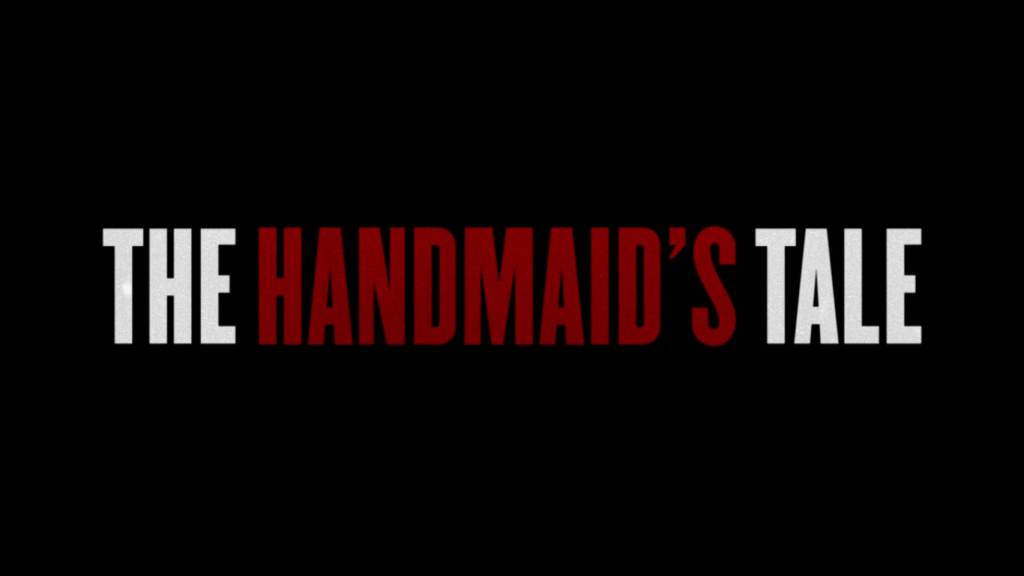written by David Steffen

The Handmaid’s Tale is a TV show presented on the Hulu streaming service, based on the 1984 Margaret Atwood novel of the same name, which was previously reviewed here, about a near-future dystopia in which the USA has become an extremely oppressive theocracy in which women are second-class citizens, especially the handmaids who are little more than breeding stock. Season three aired on Netflix in 2019 (season 1 was reviewed here, and season 2 here).
Season 2 ended with June (Elisabeth Moss) having her baby after escaping from her servitude and living on the run for some time, with the help of the baby’s probable father Nick (Max Minghella), but only enjoyed her motherhood for minutes before being taken again with her baby. But, after being forced back into her role as handmaid she had the opportunity to smuggle the newborn baby away and she took it, and the season ended with the baby being smuggled out, even with the assistance of Serena (Yvonee Strahovski) who would have legally been the mother of the baby by the laws of Gilead.
In season three, June soon comes to terms with the fact that she won’t be able to smuggle her first daughter Hannah out of Gilead. But she is not going to just lie down and take it. She still serves under Joseph which gives her more opportunity than other handmaids–he is more lenient on many of the rules of how they’re supposed to behave, and June is determined to take advantage of.
This season felt like a marked change in the course of the series, from a scenario where the women are just trying to survive from day to day to a scenario where the women are uniting to fight back in a huge way. I feel like that was made possible in aprt by reducing some of the restrictions on them (which seems less plausible given June’s disappearance and reappearance).
It is an excellent addition to the series, and well worth seeing.
